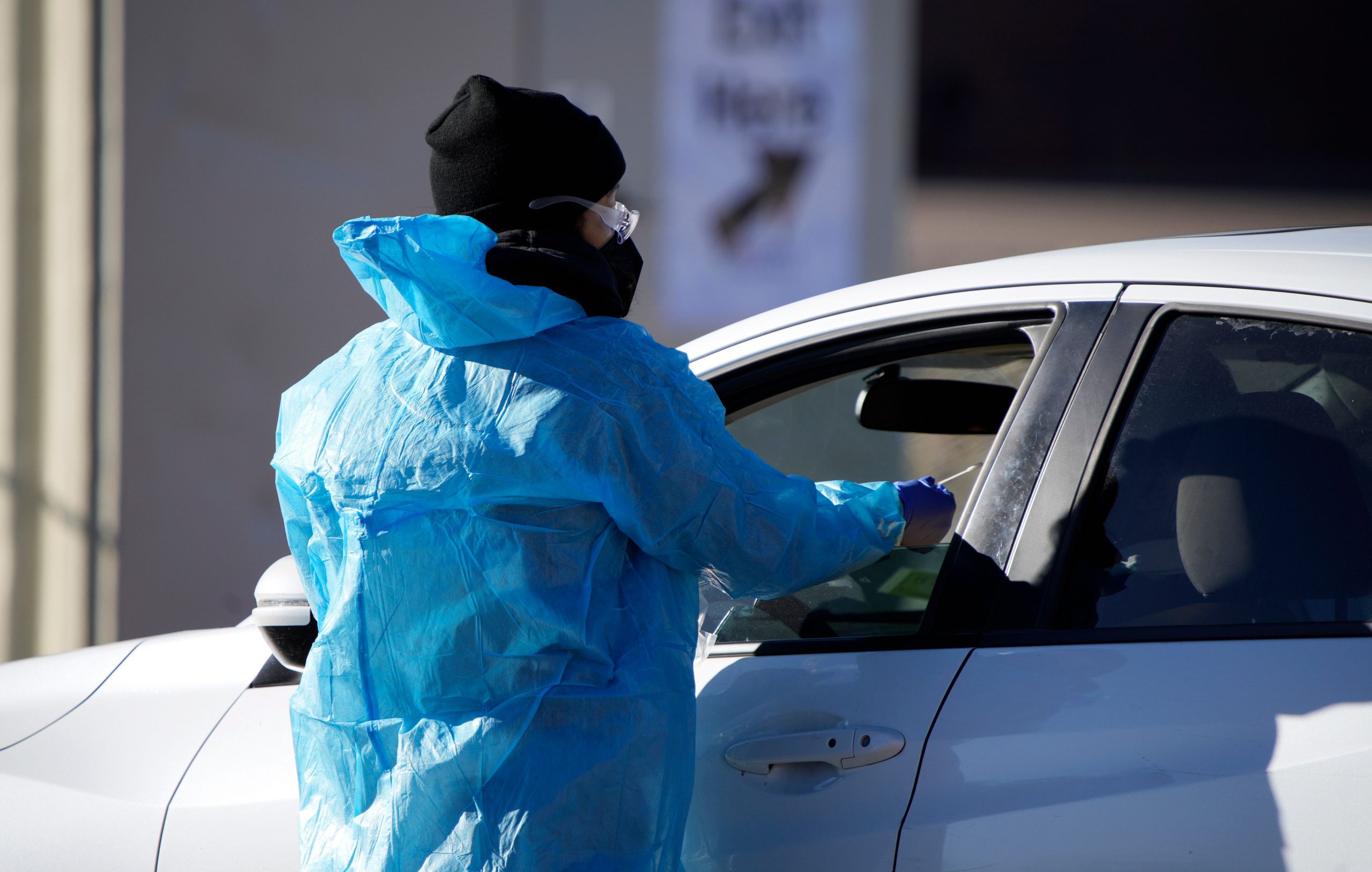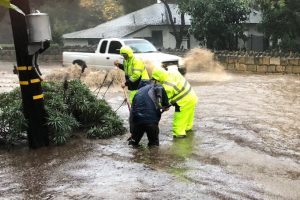As the raging omicron variant of COVID-19 infects workers across the nation, millions of those whose jobs don’t provide paid sick days are having to choose between their health and their paycheck.
While many companies instituted more robust sick leave policies at the beginning of the pandemic, some of those have since been scaled back with the rollout of the vaccines, even though omicron has managed to evade the shots. Meanwhile, the current labor shortage is adding to the pressure of workers having to decide whether to show up to their job sick if they can’t afford to stay home.
Also read: UK health regulators dismiss second booster dose amid omicron surge
“It’s a vicious cycle,” said Daniel Schneider, professor of public policy at the Harvard Kennedy School of Government. “As staffing gets depleted because people are out sick, that means that those that are on the job have more to do and are even more reluctant to call in sick when they in turn get sick.”
Low-income hourly workers are especially vulnerable. Nearly 80% of all private sector workers get at least one paid sick day, according to a national compensation survey of employee benefits conducted in March by the U.S. Bureau of Labor Statistics. But only 33% of workers whose wages are at the bottom 10% get paid sick leave, compared with 95% in the top 10%.
Also read: COVID 3rd wave in India could peak in February, says IIT professor
A survey this past fall of roughly 6,600 hourly low-wage workers conducted by Harvard’s Shift Project, which focuses on inequality, found that 65% of those workers who reported being sick in the last month said they went to work anyway. That’s lower than the 85% who showed up to work sick before the pandemic, but much higher than it should be in the middle of a public health crisis. Schneider says it could get worse because of omicron and the labor shortage.
What’s more, Schneider noted that the share of workers with paid sick leave before the pandemic barely budged during the pandemic — 50% versus 51% respectively. He further noted many of the working poor surveyed don’t even have $400 in emergency funds, and families will now be even more financially strapped with the expiration of the child tax credit, which had put a few hundred dollars in families’ pockets every month.
Also read: Australia’s New South Wales sees deadliest day of pandemic amid omicron wave
The Associated Press interviewed one worker who started a new job with the state of New Mexico last month and started experiencing COVID-like symptoms earlier in the week. The worker, who asked not to be named because it might jeopardize their employment, took a day off to get tested and two more days to wait for the results.
A supervisor called and told the worker they would qualify for paid sick days only if the COVID test turns out to be positive. If the test is negative, the worker will have to take the days without pay, since they haven’t accrued enough time for sick leave.
Also read: Consumer Electronics Show 2022 in Nevada sees dramatic dip amid COVID worries
“I thought I was doing the right thing by protecting my co-workers,” said the worker, who is still awaiting the results and estimates it will cost $160 per day of work missed if they test negative. “Now I wish I just would’ve gone to work and not said anything.”
A Trader Joe’s worker in California, who also asked not to be named because they didn’t want to risk their job, said the company lets workers accrue paid time off that they can use for vacations or sick days. But once that time is used up, employees often feel like they can’t afford to take unpaid days.
Also read: Omicron explosion spurs breakdown of services across the US
“I think many people now come to work sick or with what they call ‘allergies’ because they feel they have no other choice,” the worker said.
Trader Joe’s offered hazard pay until last spring, and even paid time off if workers had COVID-related symptoms. But the worker said those benefits have ended. The company also no longer requires customers to wear masks in all of its stores.
Also read: Illinois: Snow leopard succumbs to COVID-19 at the Miller Park Zoo
Other companies are similarly curtailing sick time that they offered earlier in the pandemic. Kroger, the country’s biggest traditional grocery chain, is ending some benefits for unvaccinated workers in an attempt to compel more of them to get the jab as COVID-19 cases rise again. Unvaccinated workers will no longer be eligible to receive up to two weeks paid emergency leave if they become infected — a policy that was put into place last year when vaccines were unavailable.







